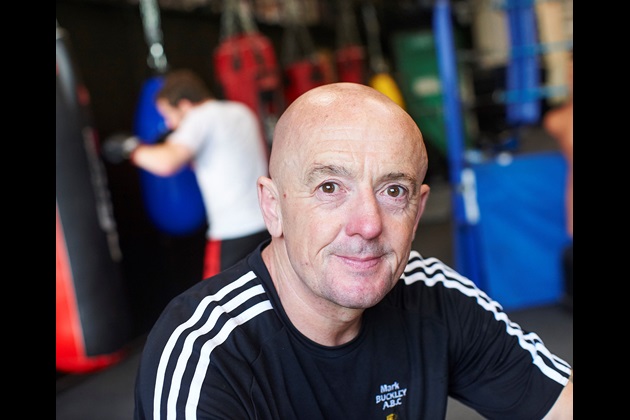RCN member Mark Field was in his late 20s when he was dealt a devastating blow
He’d been juggling his job as a health care assistant with a successful amateur boxing career and had just made the decision to go pro. But a brain scan ahead of a fight with legendary boxer Joe Calzaghe left his dreams in shatters. It showed a frontal lobe cyst that could burst with just one punch. It halted his ambitions instantly and sparked a lengthy period of depression.
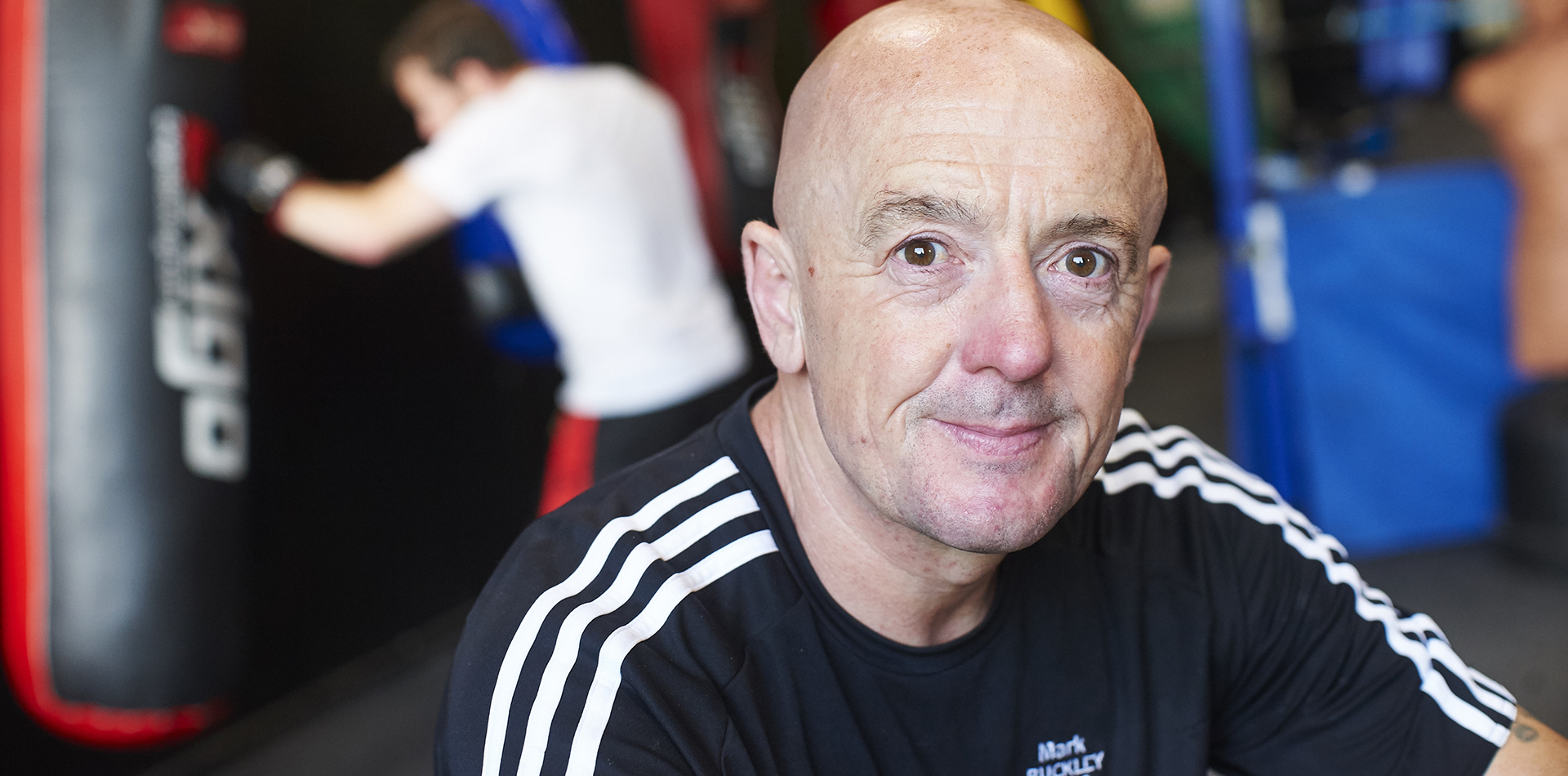
“My world fell apart with that news,” says Mark. “I took to my bed for the best part of a year. I didn’t want to see anybody, I had very little interaction with my family and I wasn’t able to work.”
My world fell apart with that news
With time, support and medication, Mark recovered enough to move forward. He set up an amateur boxing club in Buckley, Flintshire, North Wales and decided to become a psychiatric nurse.
It was during his training at Bowmere Hospital in Chester, which provides psychiatric intensive care, that the penny dropped. He suggested to the consultant he was working with that boxing could help his clients.
“I thought boxing would give them more physical awareness and help manage their weight,” Mark recalls. “But it turned out to do so much more. When clients came to the club, they started to feel part of something. They became integrated in a normal setting. They had a sense of belonging and they felt safe.”
It’s been transformative for some people, helping them avoid otherwise frequent stays on inpatient mental health units. Jim is one example. He has paranoid schizophrenia and first stepped foot in Buckley Boxing Club 10 years ago.
“He was in a place of darkness. He couldn’t see a way forward. Frankly, he was suicidal,” says Mark. “He came along to get fitter but in time started picking up some admin for the club. He’s now firmly part of our family of volunteers. Having a purpose and feeling valued is what’s saved him, I believe.”
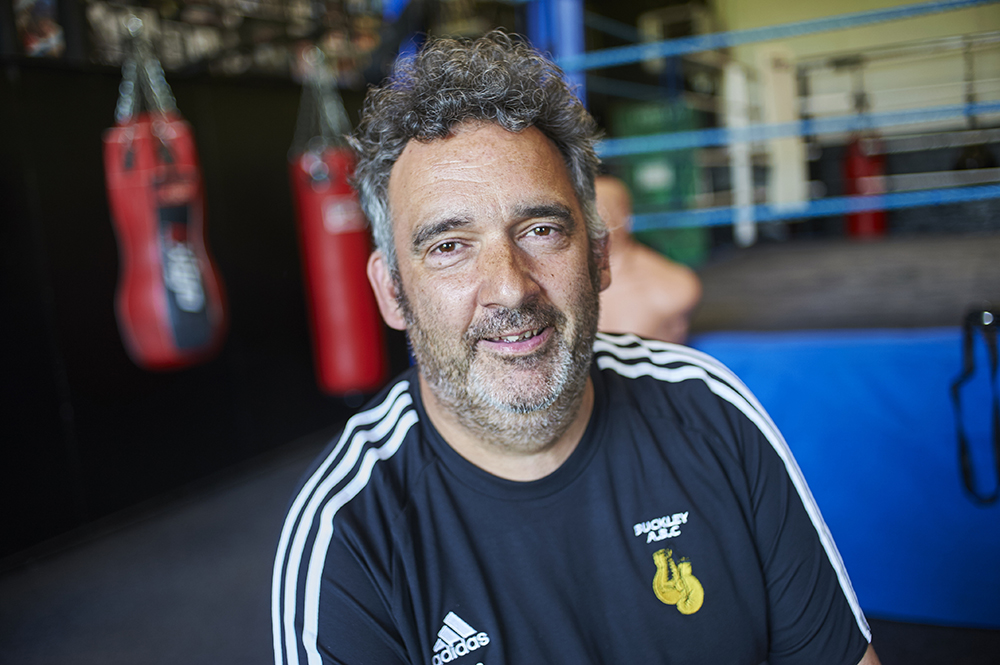 Jim has become an essential member of the team
Jim has become an essential member of the team
Jim hasn’t needed to be admitted to hospital during the time he’s been involved with the club, but while boxing is beneficial, it’s not a cure. Rather, it’s Mark who appears to be the catalyst for turning lives around.
“Everything can seem fine then my phone will go at 2am,” he says. “It’ll be Jim in need of help. He’ll be in crisis and won’t know where to turn. So I’ll talk to him and see if I can calm him down.”
But it isn’t easy for Mark, who was diagnosed with rapid bipolar disorder himself a number of years ago. He confesses to struggling with the symptoms of his condition while holding down a full-time senior nurse role and running the boxing club in his spare time.
When I’m there I know it's the best place to be
“I’m on meds and I know the signs of episodes coming on. But that doesn’t make it easy. There are times that I feel I can’t carry on and it’s then that the other coaches step in. They’ll pick me up and take me to the club, and while I won’t want to go, when I’m there I know it’s the best place to be.
“I feel accepted and I can talk things through. That’s why I think I’m able to help other people. I have empathy and sympathy because I feel it myself. You can’t ‘just snap out of it’, living with a mental health issue is so much more complex than that.”
It’s now 23 years since the club was set up and hundreds of people have passed through its doors. Nowadays, its children and young people who appear to be the focus of Mark’s efforts. Referred to the club by social services, they undertake 10-week boxing courses Mark runs on his days off, before integrating into regular classes.
“Quite often these kids are troubled, they’re into drugs, are being bullied or they self-harm,” says Mark. “Boxing teaches them discipline and self-control. It’s monitored and it works.”
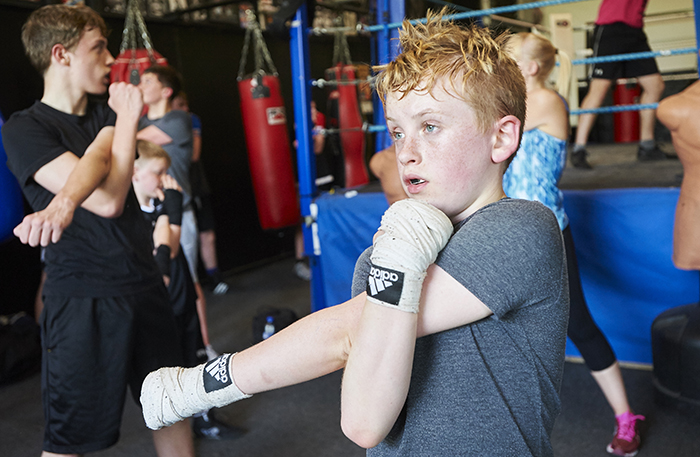
Other children find their own way to the club in Buckley. Such as seven-year-old Shay. After a difficult start to school, his parents tried karate, then football before seeking boxing out. “He was just five at the time,” says Shay’s dad Chris. “We thought he was a bit young to start boxing but we talked to Mark and he encouraged us to come along. He spent an hour with Shay that first day. Something clicked and he’s not stopped asking to go back since.
“Shay’s never been diagnosed but he has been tested for traits of ADHD. School was difficult from the off. They just didn’t seem able to handle him and he was getting excluded or having a letter sent home three or four times a month. Now things have vastly improved. Shay’s able to control his temper. He knows how to handle situations and he’s getting into trouble much less.”
So passionate does Mark feel about Shay’s future that he went to have a word with the school himself. “I can’t thank Mark enough,” says Chris. “He’s an absolutely outstanding, selfless man. He’s a role model and an inspiration and he gives so much of himself to the club.”
Recognition
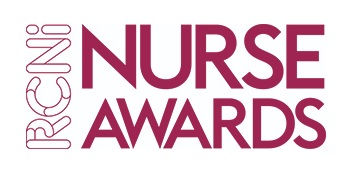
Mark recently won the Special Recognition Award, a category created especially for him, in the RCNi Nurse Awards. You can find out more about the awards and other category winners at www.rcni.com/nurse-awards


